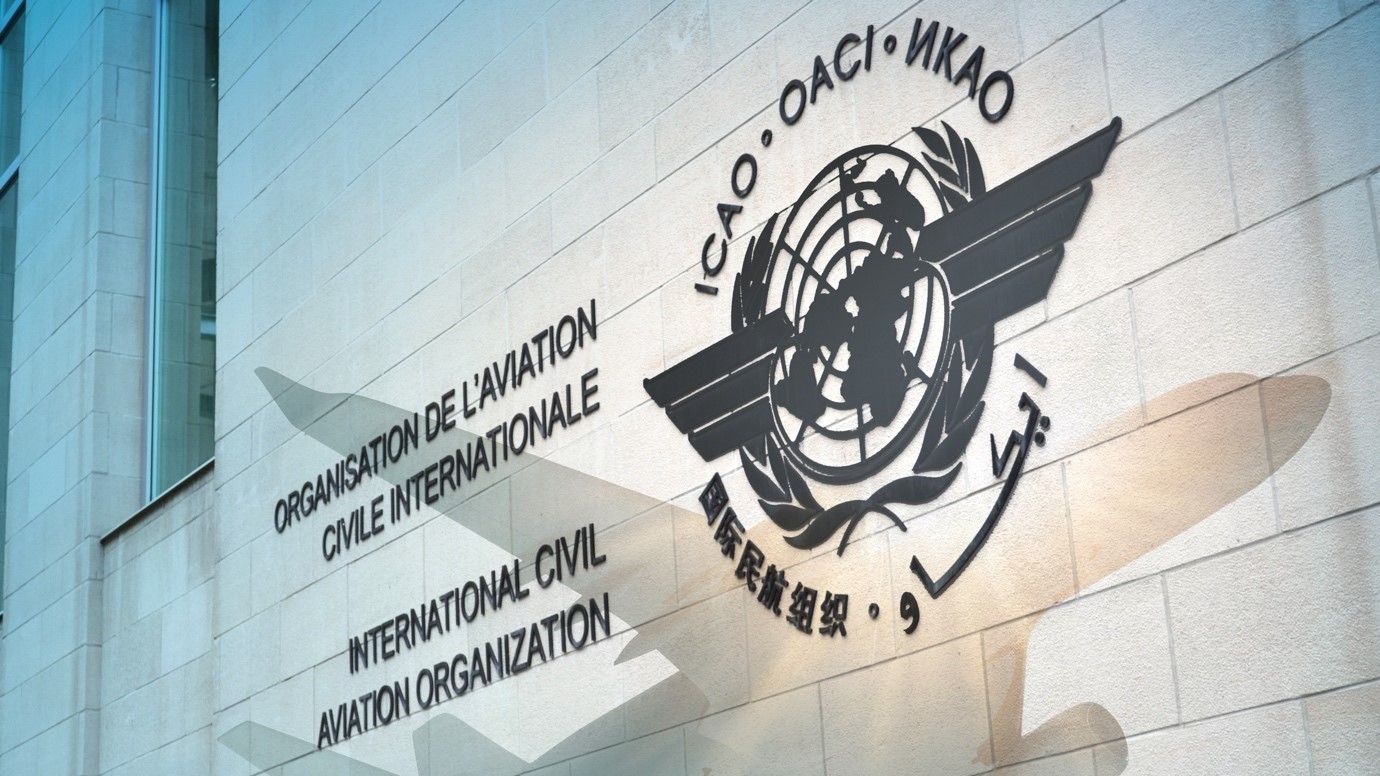Free Courses Sale ends Soon, Get It Now


Free Courses Sale ends Soon, Get It Now



Disclaimer: Copyright infringement not intended.
Context
Background
What is CORSIA?
Participants
About ICAO
Core functions
Vision
Mission
Strategic Objectives
Safety
Air Navigation Capacity and Efficiency
Security & Facilitation
Economic Development of Air Transport
Environmental Protection
International Civil Aviation Day – 7 December
International Civil Aviation Day Theme
|
PRACTICE QUESTION Q) Which of the following statements with reference to International Civil Aviation Organisation is/are correct? a. ICAO is an international aviation regulator. b. It is a specialized agency of the United Nations. c. International Civil Aviation Day is celebrated every year on 7 December.
Correct Answer: 2 |
© 2024 iasgyan. All right reserved